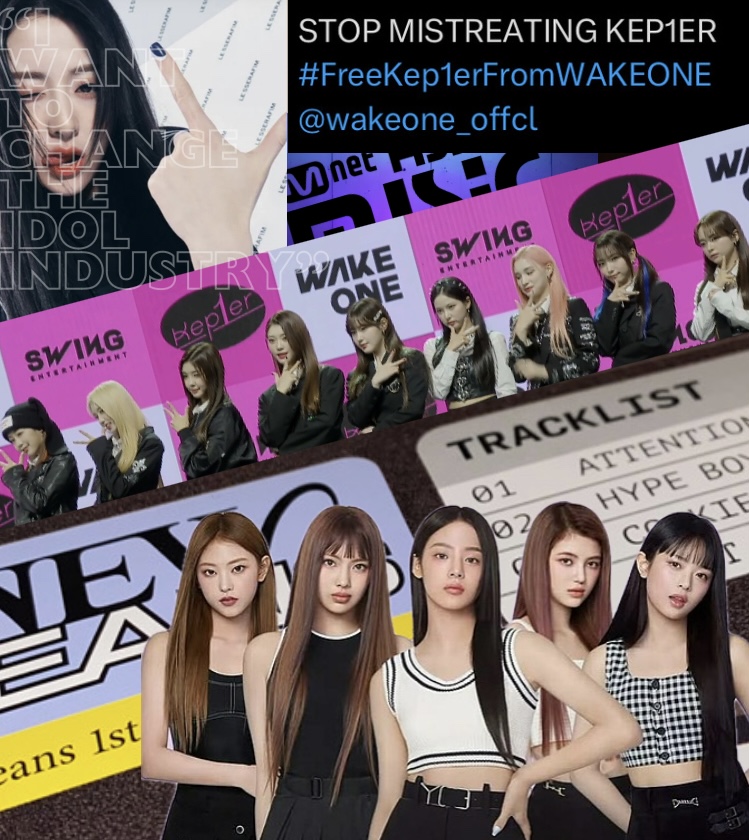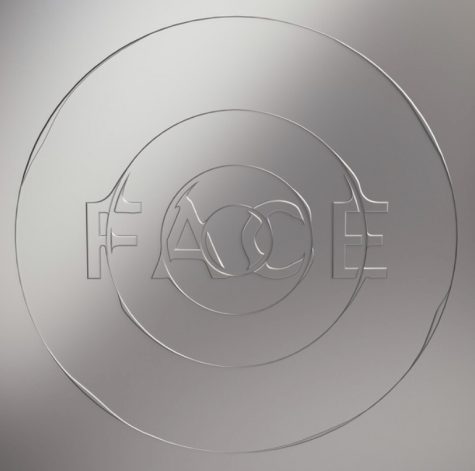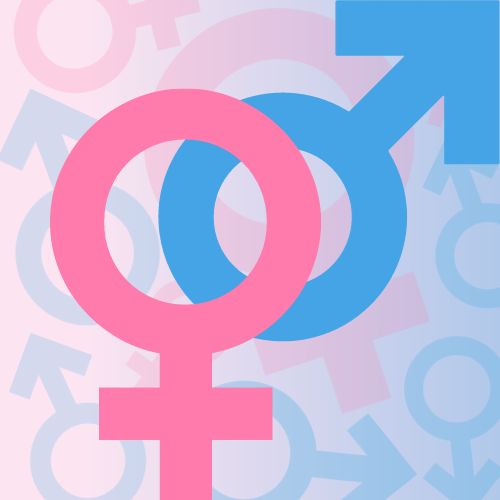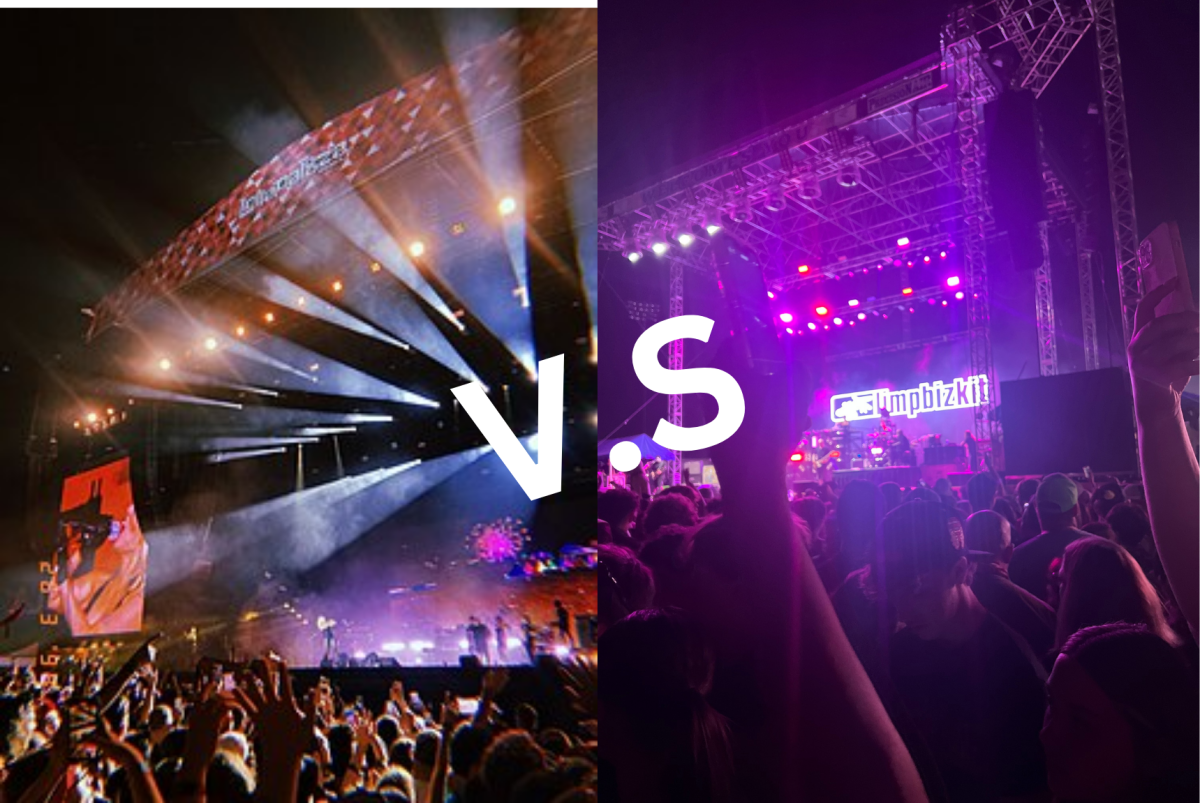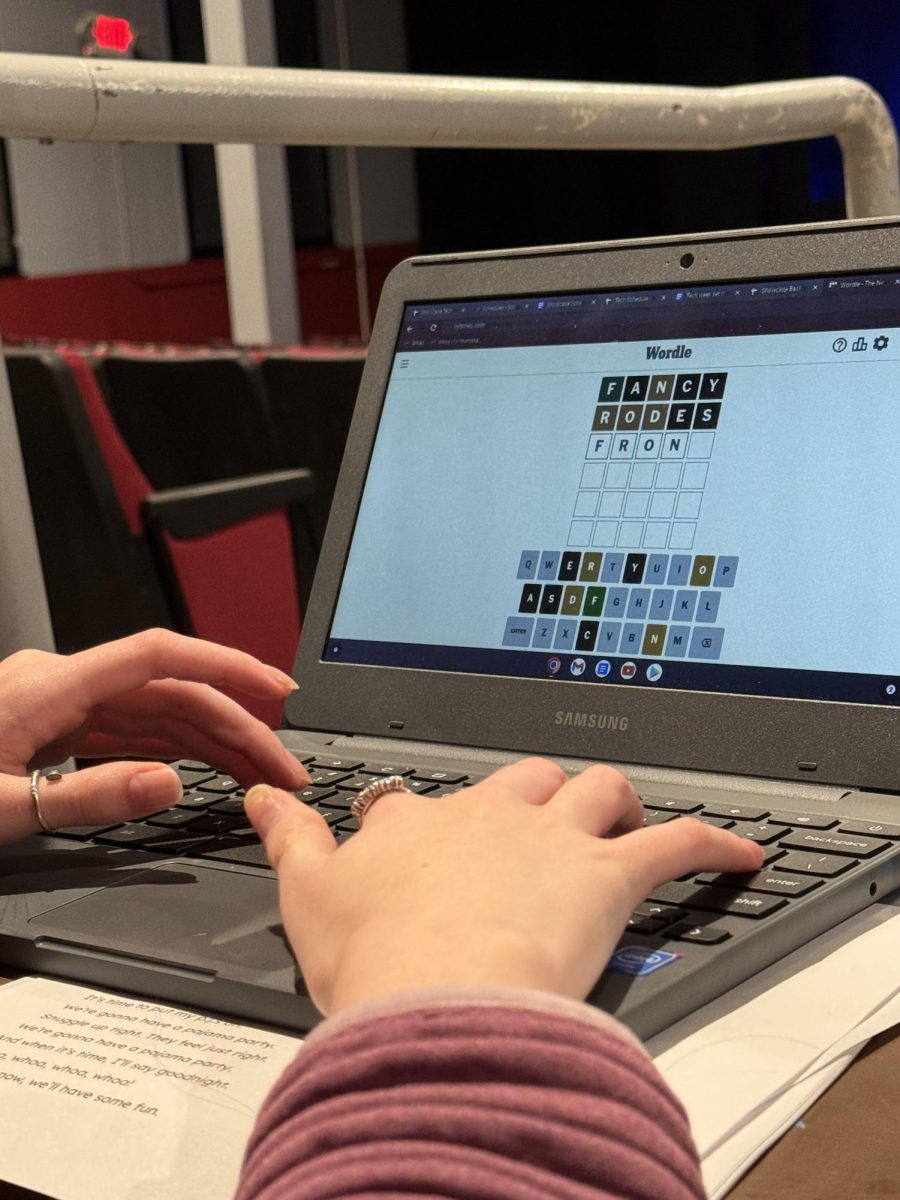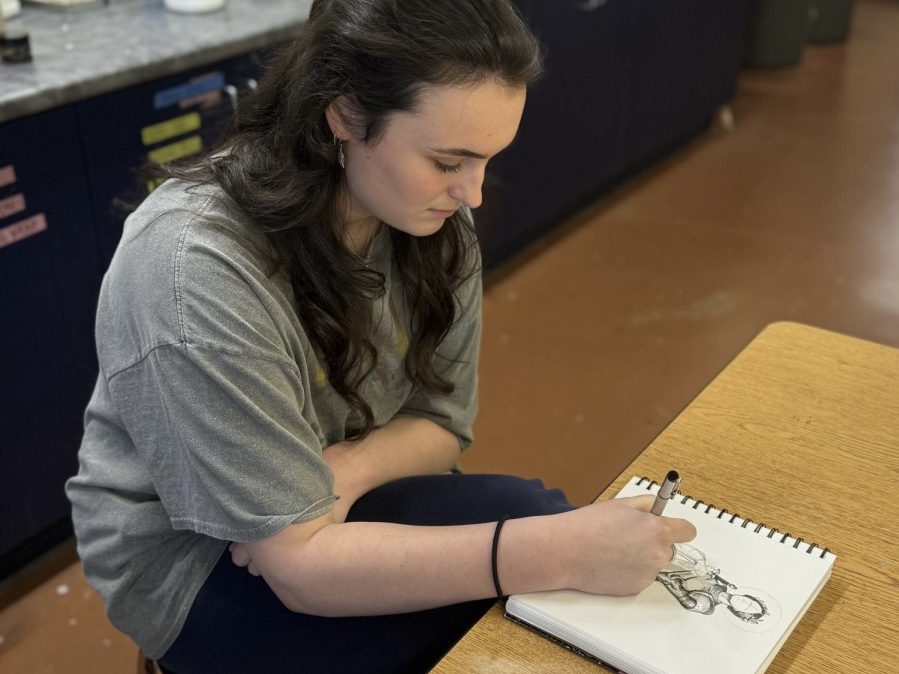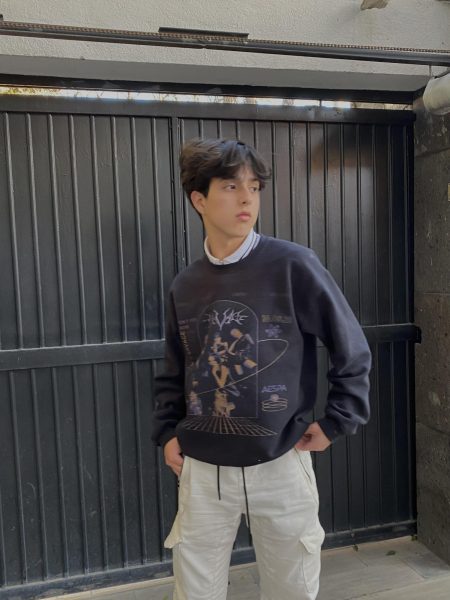“We ensure that ladies rule the world,” affirms Soyeon, the self-made creative director, writer, producer and main rapper of (G)I-DLE, arguably K-Pop’s only unapologetically feminist group. At almost 8 million views, their brief but explosive performance at the Mnet Asian Music Awards (MAMA) is the most viewed performance of the 2023 Korean awards season.
The MAMA’s concluded on Nov. 29 after a two-day ceremony in Japan’s Tokyo Dome. With newcomer NewJeans becoming the first girl group since 2011 to win the award for Artist of the Year, many believe a long-awaited era of female appreciation in K-Pop may finally be on its way.
But this long-awaited era has been “on its way” since TWICE’s debut almost eight years ago. And unfortunately, it still has a long way to go.
With the illustrious BTS dominating the race for MAMA Artist of the Year for the past seven years, it has been difficult for any K-Pop group to accumulate a similar level of acclaim. It’s been particularly difficult for girl groups who, despite amassing comparable amounts of domestic and international attention, have only been recognized three times in the award’s 17-year history.
Consequently, following the 2023 ceremony, MAMA rightfully received a wave of backlash from fans alleging the mistreatment of its female performers. Male performers were given, on average, between six and seven minutes to perform several songs, while female performers were given mostly single-song performances ranging from four to five minutes.
This makes the MAMA’s attempt at a 10-minute, cross collaborative, goddess-themed performance of “female empowerment” seem performative and insignificant, especially considering the fact that none of the participating female idols were given the opportunity to sing.
Junior Tanvi Devulapally connected the industry’s misconceived perceptions of male and female group success to fan behaviors. “Many fans will take take part in ‘black ocean,’ which is where all light sticks are turned off to stay loyal to a single favorite group,” noted Devulapally, claiming it disparagingly affected female artists like IVE and NewJeans, whose MAMA performances had dimmer audiences than the rest.
Similar fan behaviors constantly cloud media coverage over female groups. Most recently, pictures of Joy, a member of global supergroup Red Velvet, from her performance at the Lazada Festival Concert in Indonesia inspired a wave of comments about her weight and the fitting of her dress.
“Female idols are so constantly berated on the basis of attitude and weight. They’re expected to be thin, feminine and kind, while boy groups have a lot more leeway,” reflected senior Rupika Jai Ganesh on the disproportionately unrealistic feminine standards for women in the industry.
The micromanagement of K-Pop idols by fans is mainly a reflection of misogynist control in the domestic market, but in the international market is largely influenced by western racial fetishization.
“It’s crazy how stans seem to have control over their favorite K-Pop idols,” began Devulapally, “afraid of backlash from dating rumors, male and female idols can’t interact or breathe in the same room.”
Given that the K-Pop industry runs on a more business-centered model rather than an art-centered model, fan behaviors and divisions directly affect the consequent management of K-Pop groups.
Notably absent from MAMA, and all other award shows of the year, was the group behind one of the most streamed K-Pop songs of the year, FIFTY FIFTY. The global success of their hit, “Cupid,” was unfortunately cut short after a label dispute led to the group’s demise half-way through 2023.
K-Pop’s agency-oriented structure has made the mismanagement of artists an all-too-common industry occurrence for both boy groups and girl groups. However, the pattern of mistreatment and mismanagement tends to weigh more heavily on girl groups like FIFTY FIFTY which has now joined the musical graveyard inhabited by once-prominent groups Momoland and Weki Meki.
The pattern of mismanagement is seen more subtly with groups like Kep1er, whose short-lived career has been lined with frequent fan outcries against their management company, WakeOne. Most recently, their exclusion from SBS’s Gayo Daejeon music festival on Dec. 24 has sparked a flurry of questions from fans, as their sibling boy group ZEROBASEONE was given the chance to perform despite their similar levels of success. Concerns were also voiced regarding the girl group’s Spotify page, which has not been updated since their debut in Jan. 2022, while the boy group’s page has been continuously updated since their more recent debut in July 2023.
Kep1er’s debut was arguably the most anticipated female K-Pop debut since I*ZONE’s in 2018. They once had 160 million views, yet now they struggle to even get 20 million.
“The reason is you have a company, primarily managed by men, controlling all aspects of musicianship and artistry for female groups which end up unable to cater to the correct audiences,” explained Jai Ganesh.
2023 saw female K-Pop songs completely dominate streaming, with groups like TWICE and NewJeans becoming prominent enough to share the spotlight with the likes of BTS and Blackpink. Yet, it is K-Pop idols’ lack of artistic freedom that keeps women trapped in out-dated gender norms.
As long as companies keep treating idols as tools of capitalism, women in K-Pop will never fully be considered the independently valuable artists they deserve to be.
“Idol doesn’t mean your doll to f***k with,” sang Huh Yunjin of LE SSERAFIM in her self-written solo debut, “I ≠ DOLL,” at the start of 2023. With the distinguishment of the NewJeans’ self-written “Ditto” as Song of the Year, self-ruled female artists have begun to slowly assert themselves as a powerful force in the Korean music scene. Though 2023’s end did not mark a very meaningful response to Yunjin’s calls, the continued relevance of groups like LE SSERAFIM, NewJeans and (G)I-DLE paint a self-written picture of a self-written future for female groups.








